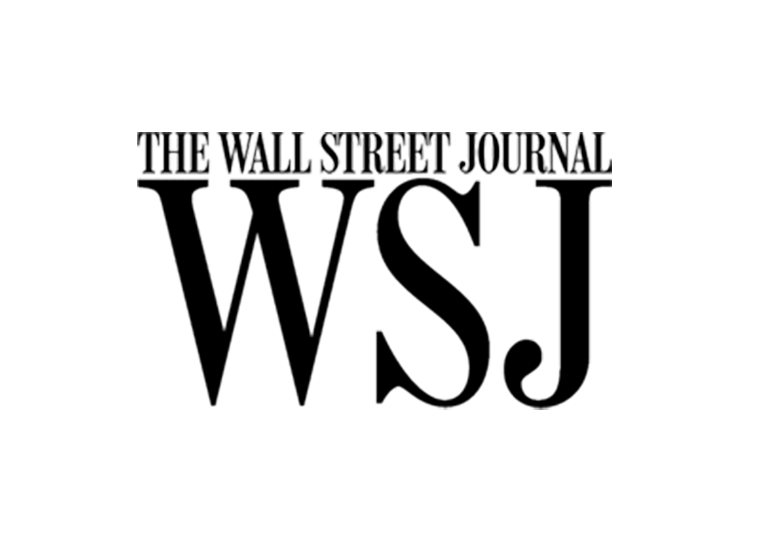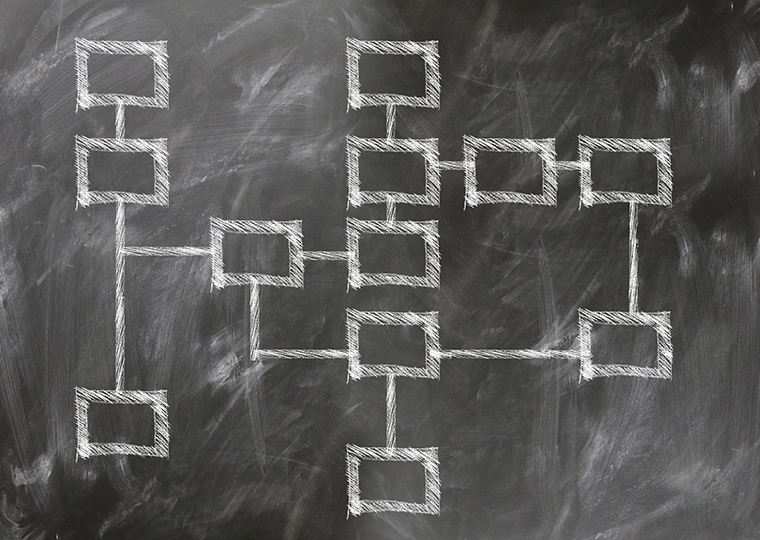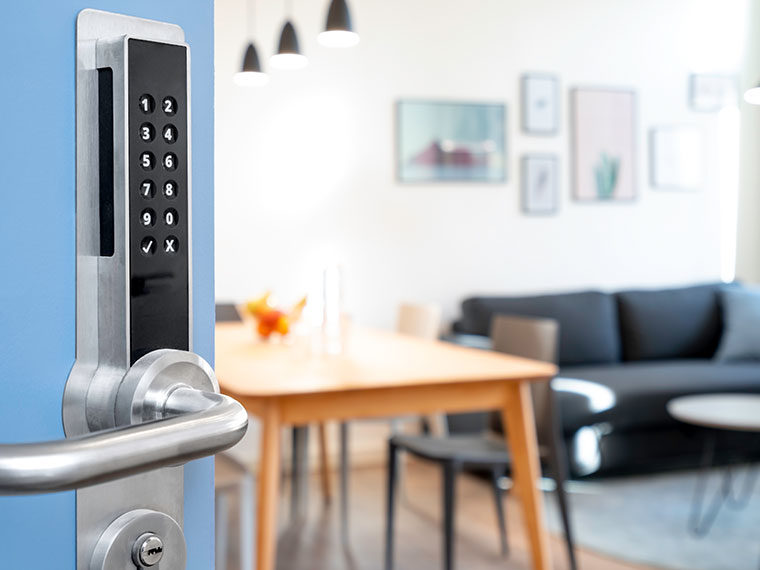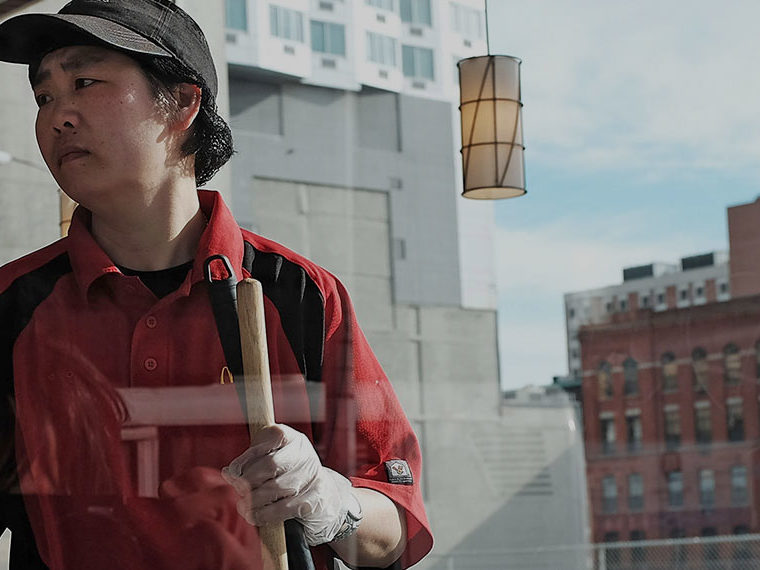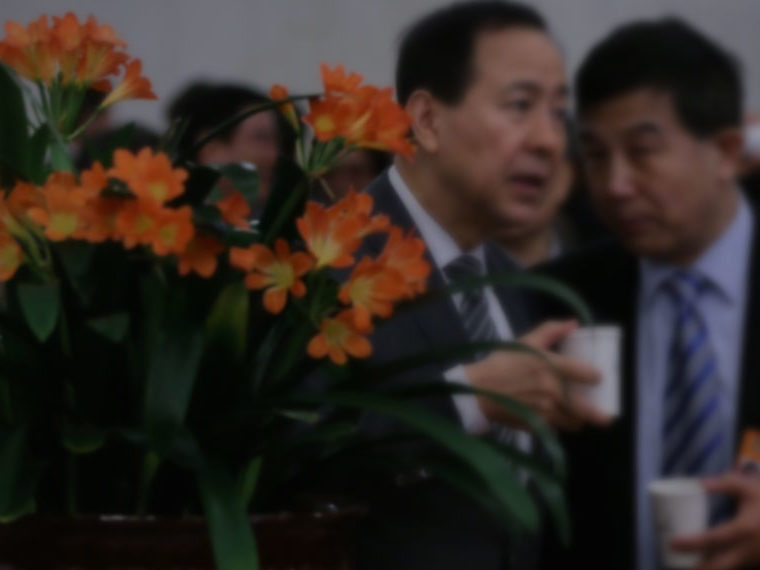A survey of 77 papers seeks better understanding of how crises shape beliefs and preferences
If you’re a politician trying to court votes from, say, college students or any other group, it’s helpful to think about their shared experiences to date. Today’s youngest voters, for example, came of age as a pandemic disrupted education and career plans. Millennials graduated college into a blooming recession, then saw home prices and mortgage rates shoot up just as they were getting on their feet.
Widespread crises shape opinions — about politics and beyond — in somewhat predictable ways, according to a body of research that spans sociology, psychology and economics. People who survived the Great Depression, for example, were generally much more likely to be penny-pinchers and debt averse than their adult children who grew up in more prosperous times. Experience with noneconomic traumas such as wars and natural disasters also is known to instill lasting opinions that can define generations.
Yet many questions remain about when and how such events move opinion. Knowing which way each crisis moves beliefs, and understanding what situations create long-lasting opinion shifts, would be supremely useful for gauging public support for immigration policies, balanced budget proposals, government spending priorities and other aspects of democratic governing.
A study forthcoming in the Journal of Economic Literature reviews domestic and international research across disciplines for signs of consensus. UCLA Anderson’s Paola Giuliano and the International Monetary Fund’s Antonio Spilimbergo gathered 77 papers that analyzed effects on beliefs in free market economies following a range of widespread crises. They point out methodological strengths and challenges in each study, including in their own previous work. They also address different theories about when crises can be expected to create permanent ideological changes.
What Kind of Suffering Sparks Conservatism?
The evidence across studies, Giuliano and Spilimbergo conclude, is strong enough to support several broad conclusions:
- These shared crises, called aggregate shocks by economists, change individuals’ beliefs and preferences around politics, social policies, risk taking and trust in institutions. “This was not a foregone conclusion,” Giuliano and Spilimbergo write, as many economists had long assumed that neither beliefs nor preferences were swayed by events.
- Effects of shocks on beliefs are long lasting, often having permanent effects on individuals and entire populations. Although beliefs generally have been considered more malleable than preferences, it wasn’t clear whether beliefs change after crises fade.
- Such aggregate shocks experienced during young adulthood are much more likely to have long-lasting impacts on preferences and beliefs than those that happen later in life.
- Economic crises move political beliefs and preferences to the right. U.S. voters who lived through recession as young adults are more likely to vote for a right-leaning party than people who did not experience one.
Making Sense of Contradictions
While confident of consensus on some issues, Giuliano and Spilimbergo’s paper also highlights a host of seemingly confounding findings. For example, the authors found sufficient evidence that people who experience economic hardships tend to oppose public assistance in other widespread crises. It’s a seemingly counterintuitive finding, since those subjects presumably would have been better off themselves with assistance.
When the crisis was pandemic instead of economic, the opposite effect occurred, according to one of the rare studies addressing beliefs after the COVID-19 pandemic. People who experienced it in areas with high numbers of deaths were more likely to support assistance, including long-term unemployment insurance and more government provided healthcare.
Giuliano and Spilimbergo reviewed several papers that sought to understand such inconsistencies. Perhaps economic hardship leads one to focus more exclusively on one’s own needs than those of others. Or maybe people blame others for the crises they suffered, which fits some right-wing rhetoric around immigrants and minorities. They find no consensus on the subject. There’s particularly little understanding on why a pandemic wouldn’t create the same kind of conservatism.
Trade events, such as the rise of Chinese exports that led to layoffs in U.S. manufacturing, seem to move opinions right, but there’s not enough research on how long the effects last. It’s also unclear how long the rightward movements in opinion after immigration events last. The question of how natural disasters change beliefs remains unsettled.
The authors note the need for a theoretical framework to study how individuals react in and after these crises. One could be used in standard models of voting and decisions, which would allow researchers to link large swings in public opinion to generational effects. The work cited in this study, the authors write, points toward “a very promising research agenda.”
Featured Faculty
-
Paola Giuliano
Professor of Economics; Chauncey J. Medberry Chair in Management
About the Research
Giuliano, P. & Spilimbergo, A. (2024). Aggregate Shocks and the Formation of Preferences and Beliefs. Journal of Economic Literature.
Rees-Jones, A., D’Attoma, J., Piolatto, A., & Salvadori, L. (2022). “Experience of the COVID-19 pandemic and support for safety-net expansion.” Journal of Economic Behavior and Organization, 200, 1090-1104.

